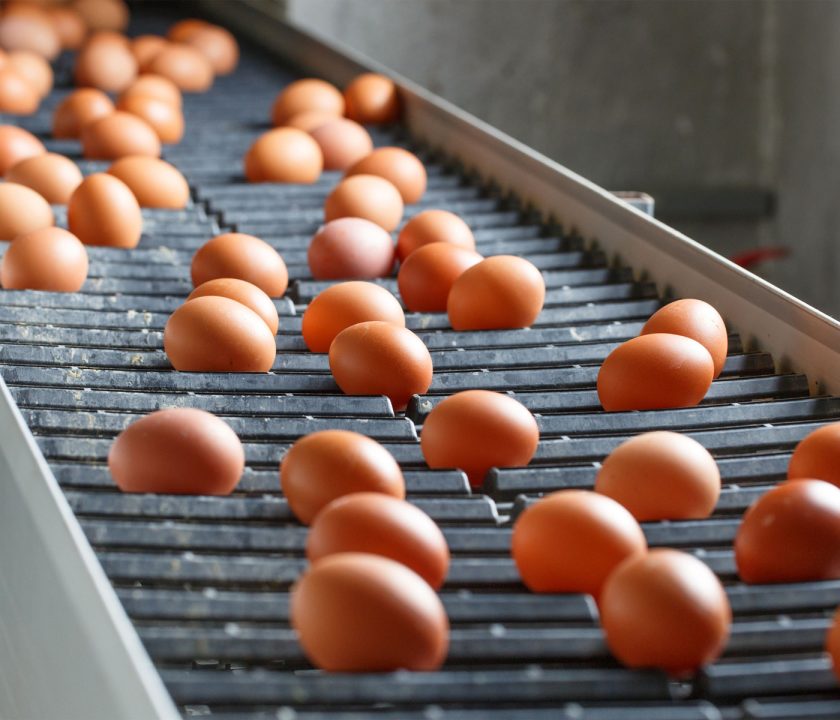Content available at: Español (Spanish)
As of January 1, 2023, all table eggs sold in Germany must be OKT-certified (Ohne Küken Töten – No Killing Chicks -). Egg producers are required not to slaughter the male chicks from laying hens, so those chicks have to be either by rearing them for meat or by in-ovo sexing early in incubation. This measure arises from the growing critical awareness in politics and society, driven by the campaigns of animal organizations, and affects 42 million males each year.
Legislation has prompted research in Germany to find alternatives to slaughtering day-old male chicks and found 3 possible pathways: sexing in the egg, rearing males for meat, or developing dual-purpose birds. Any of these systems allows OKT certification.
Some of the male chicks from laying strains are raised on organic farms in Austria. There is located the hatchery that supplies the chicks that are certified under this system to the laying farms and the males to the organic meat farms. The regulation of organic production in Germany does not accept in-ovo sexing, so male chickens must be reared.
Non-organic breeding male chicks go to farms in Germany or Poland. The rearing of male chicks must comply with the KAT certification in Germany. Each layer egg has a surcharge of €0.025, which is mainly used to compensate male chicken farmers whose cost is, of course, much higher than that of broiler meat. They only reach a weight of 1,450 grams at 14 weeks, at which time they are slaughtered. Its meat is marketed in prepared products such as canned chicken meat, chicken goulash, and chicken stew.
The pioneer country to end this practice is Germany, which banned chick culling in its hatcheries on the first of January 2022. The German government already stated in 2015 that they would ban this practice as soon as methods of gender identification in the hatching egg are available in the market (It may interest you: Solutions for ending male chick culling in Germany).

